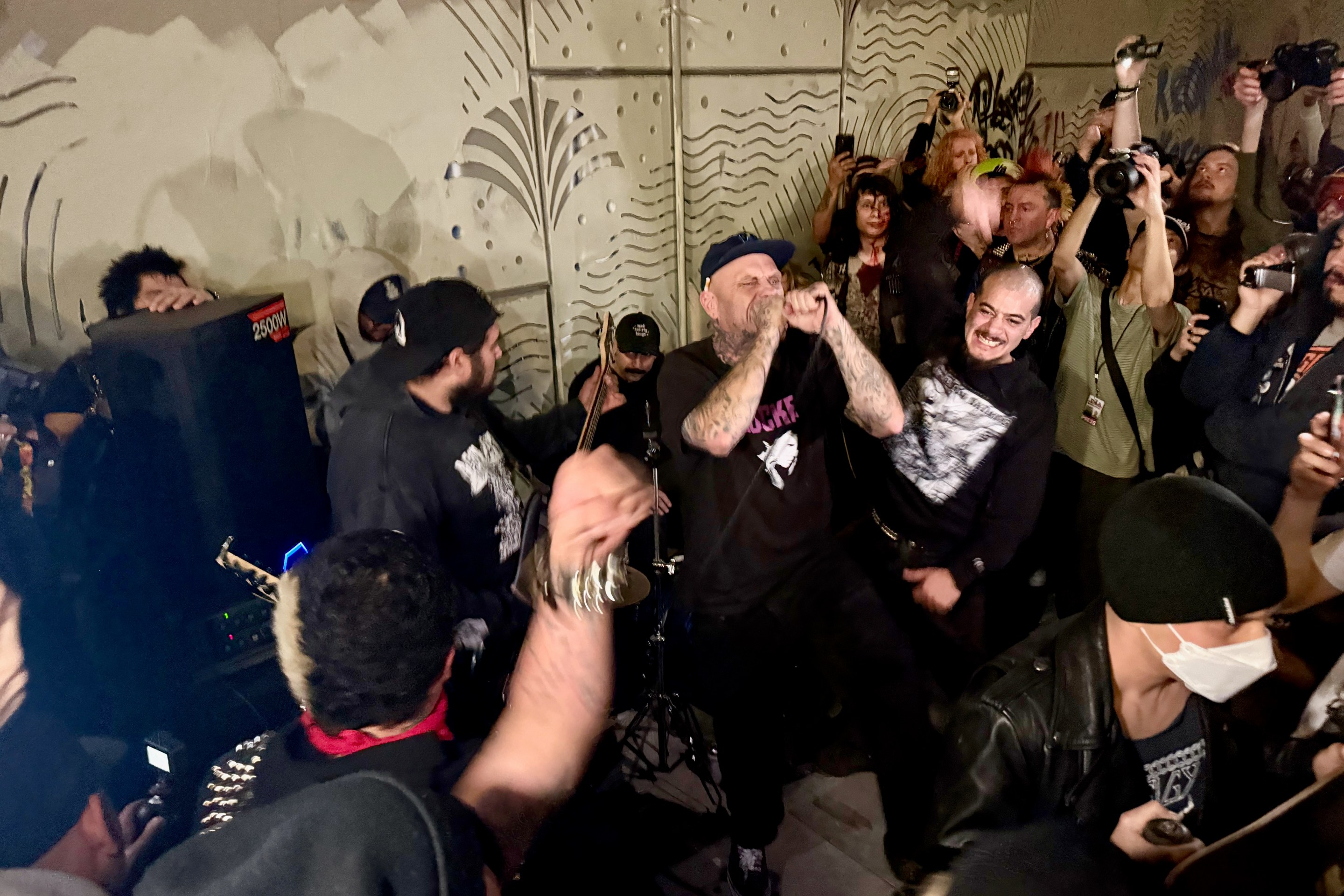If you're interested in sports betting in California, we're sure you've heard of the numbered propositions that have been taking place recently. Unfortunately, Proposition 27 was rejected, and as a result, a great deal of confusion has been left among residents of California on the current status of sports betting in the state. Well, save the confusion, in this article we'll be explaining everything you need to know.
The Current Sports Betting Situation Following The Defeat Of Article 27
The failure of two measures to pass in California prohibits the biggest market in the United States from being open to legally sanctioned sports betting. According to a number of different estimations, the measures would have made it possible for gambling enterprises to rake in income up to billions of dollars.
The passage of Proposition 26, which was supported by numerous of the Native American tribal governments in the state of California, would have made it possible for tribal casinos to offer not just sports betting but also craps and roulette. It was opposed by operators of card rooms because they were concerned about a clause that would enable people to pursue civil lawsuits against the card clubs over conflicts in state gaming legislation.
If it had passed, Proposition 27 would have made betting on sports available through mobile devices and the internet. It was put on the ballot by sports betting companies, which have spread their business across the nation since the U.S. Supreme Court overruled a federal prohibition on sports betting in 2018. Native American tribes united in their opposition to the initiative because of concern that it would exclude them from the flourishing gaming sector.
The campaign was the most costly struggle over a ballot issue in the history of the United States, with around $450 million being spent by the different groups supporting and opposing Proposition 26 and Proposition 27.
On the other hand, after Labor Day, the campaigns that supported both measures abandoned their efforts in significant elements. The decline in spending coincided with hints from executives at the leading sports betting that legalization wouldn't be possible till 2024 at the earliest.
Californians interested in sports betting were left in the dust, and many are growing desperate for this law to just pass. At least, online sports betting in California is not entirely illegal. However, Californians can make use of offshore sports betting sites via Basketball Insiders in order to engage in this activity. These offshore sites are licensed in other countries, which make them inapplicable to California sports betting laws and grant residents of California access to their sites.
Despite the deluge of money that was spent, the voters never really appeared to care about the outcome of the sports betting debate. A survey conducted in October by the Public Policy Institute of California found that only 21% of likely voters thought the outcome of Proposition 26 was "very important," with less than a third of likely voters saying the same thing about Proposition 27. Throughout the course of the campaign, the measures received little support from the public in polls and surveys.
Addressing The Claim That 90% Of Profits Go To Out-Of-State Corporations
This claim is rooted in the fact that online sports betting will be subject to a tax rate of 10% under Proposition 27. The issue that arises then is, specifically, where will the other 90% go? The fact of the matter is that it is impossible to know with absolute certainty.
Since gambling businesses located in other states are the ones supporting the proposal, if Proposition 27 is approved, those companies will want to join in on the activity if it succeeds. FanDuel controls 31% of the U.S. market for online sports betting, followed by DraftKings with 26% and BetMGM with 16%, according to Eilers & Krejcik, a research firm that focuses on gaming. BetMGM comes in third with 16% of the market share. The companies that are funding the initiative have some of the most popular online sports betting platforms. It is thus realistic to anticipate that their platforms will be well accepted in the state of California.
Does this imply that certain firms would get the entirety of the profit? The measure grants California tribes the authority to independently operate mobile and internet sports betting services. If indigenous communities went ahead with it, they would be entitled to a share of the earnings.
It is possible that gaming firms with headquarters in states other than California may need to make financial investments in California in order to be successful here. For instance, in order for corporations to lawfully do business, they will need to reach an agreement with the local tribe. This agreement may include some kind of payment or a split of the profits. In order to get their businesses off the ground in California, gaming firms may also have to pay their workers or contractors there.







